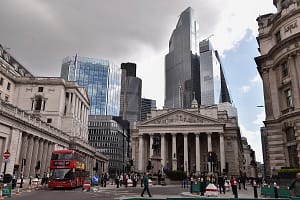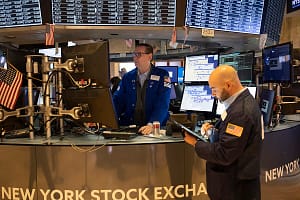At the September monetary policy meeting, the Bank of England opted to keep rates on hold, with five members out of nine voting for a pause.
Over the past six weeks, the market received little UK data for the BoE members to change their stance. Yet, September’s inflation numbers showed that core CPI (Consumer Prices Index) rose by 0.5% month on month and 6.1% year on year, slightly above expectations.
Therefore, it is reasonable to expect those members that have voted for a hike last month to vote for the same this week. The only significant exception is that Jon Cunliffe, who previously voted for a hike, left.
Sarah Breeden takes his place, voting for the first time at this week’s MPC (Monetary Policy Committee) meeting. Her vote might be decisive. Yet, there is a high probability that at her first MPC meeting, Sarah will not vote against consensus, resulting in a 6-9 split in favour of a pause.
Still, the central bank cannot afford to lean dovish. UK inflation remains the highest among developed economies. At the same time, the labour market is tight, and the country depends on energy and goods imports. With upcoming elections in January next year, fiscal policies remain uncertain as Rishi Sunak is losing popularity, adding to inflation upside risk.
Within this environment, the BoE is on the verge of losing its credibility. It tightened the economy too little, too slowly. There is no option for governor Andrew Bailey other than sticking to the higher-for-longer rhetoric, hoping to maintain a hawkish bias while it’s becoming more apparent that policymakers are afraid of breaking something. As high inflation becomes entrenched in the economy, the sterling will come under pressure.
The 3-month SONIA (Sterling Overnight Indexed Average) curve shows the BoE beginning to cut interest rates in September next year, a quarter after the European Central Bank and the Federal Reserve. Bond futures expect the central bank to cut rates only twice in 2024 compared to three times in the US and Europe. Rates are also expected to never drop below 4.20% until 2029.






Leave a Comment